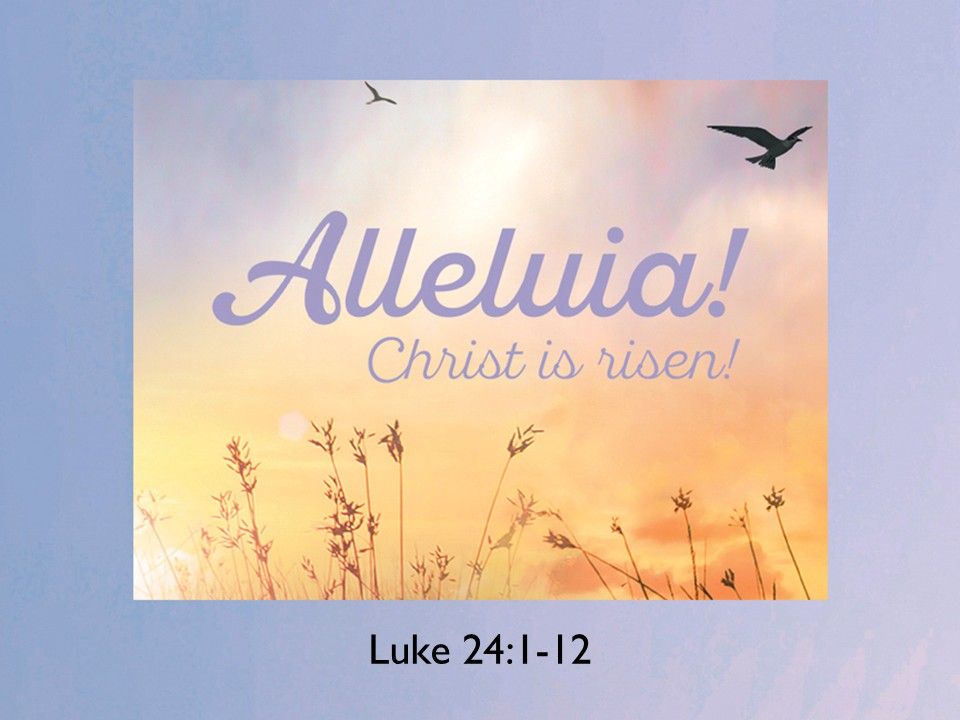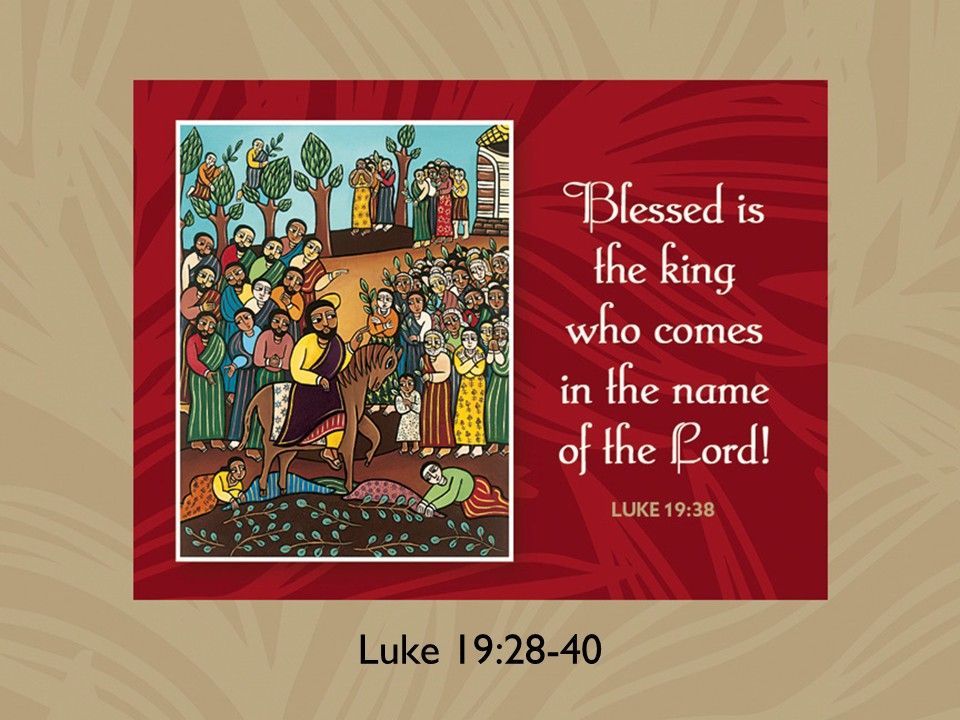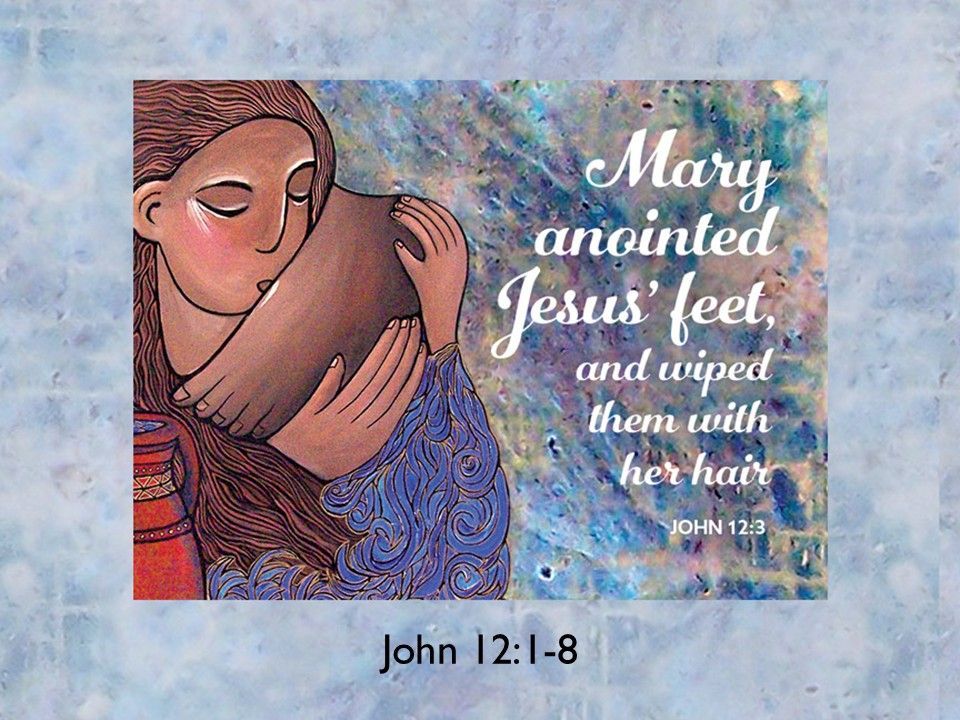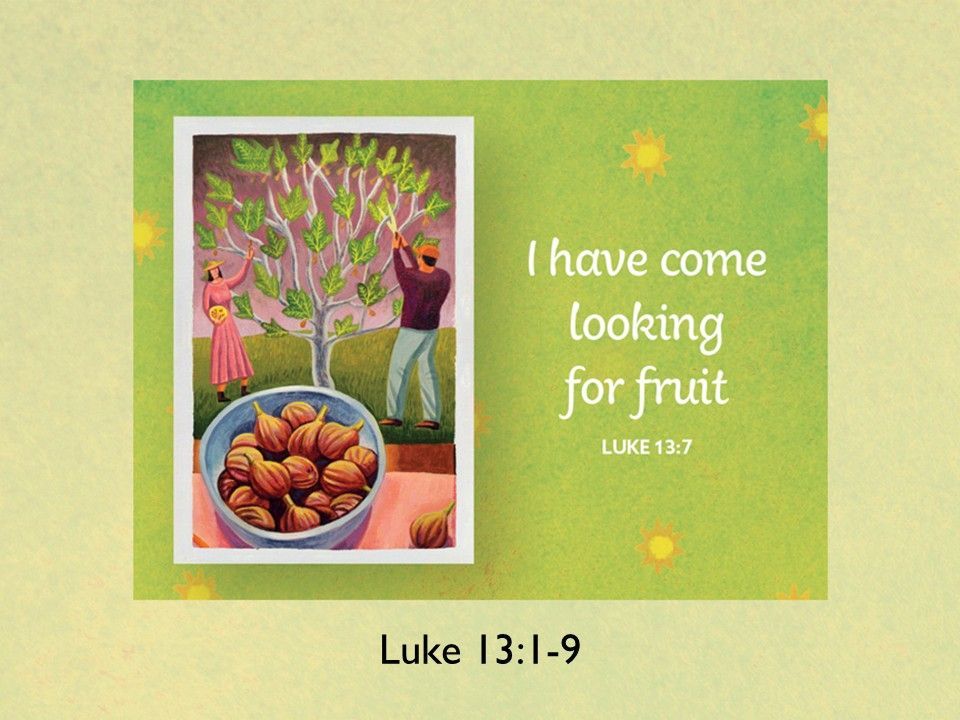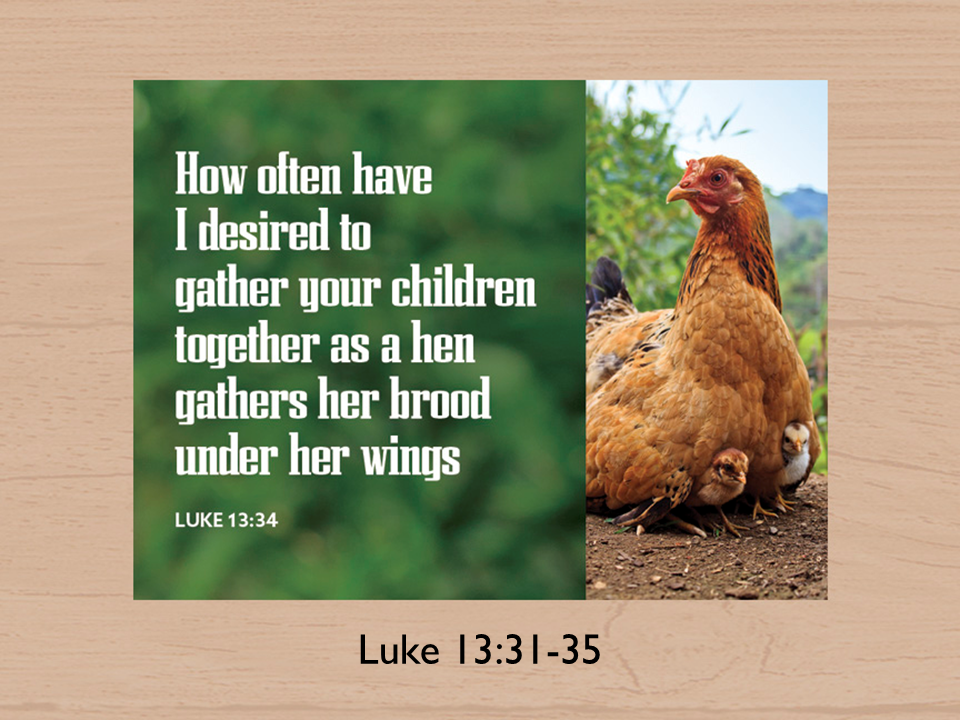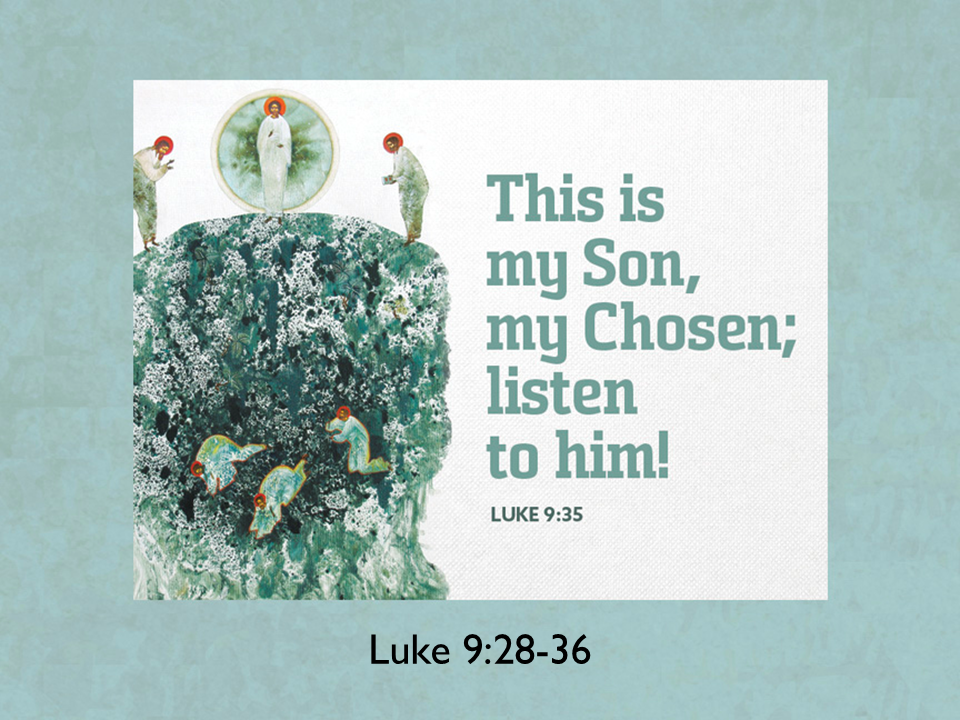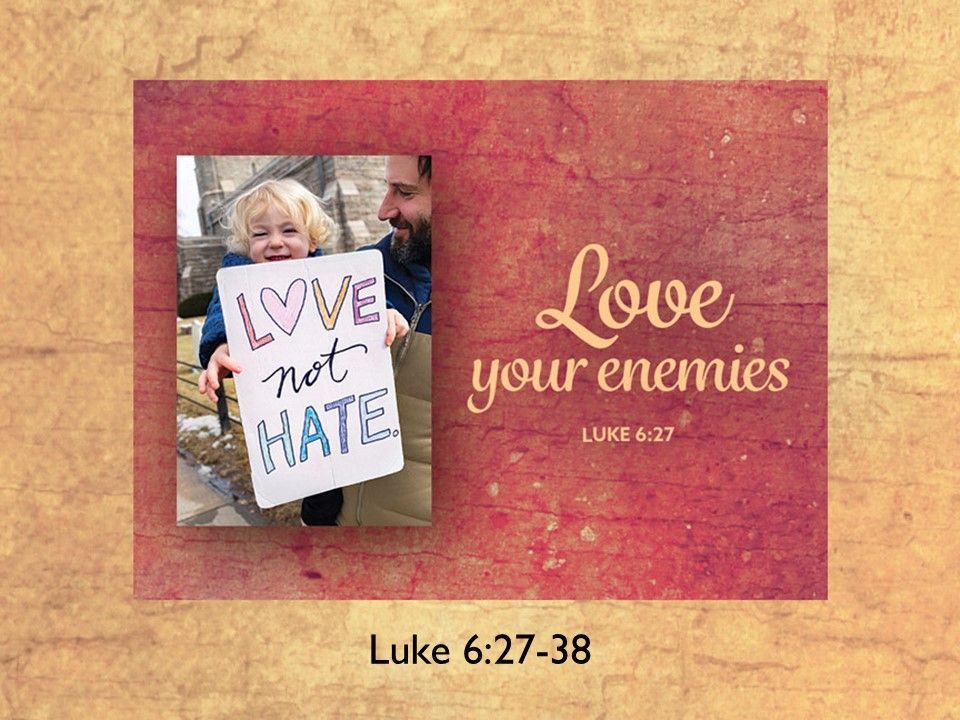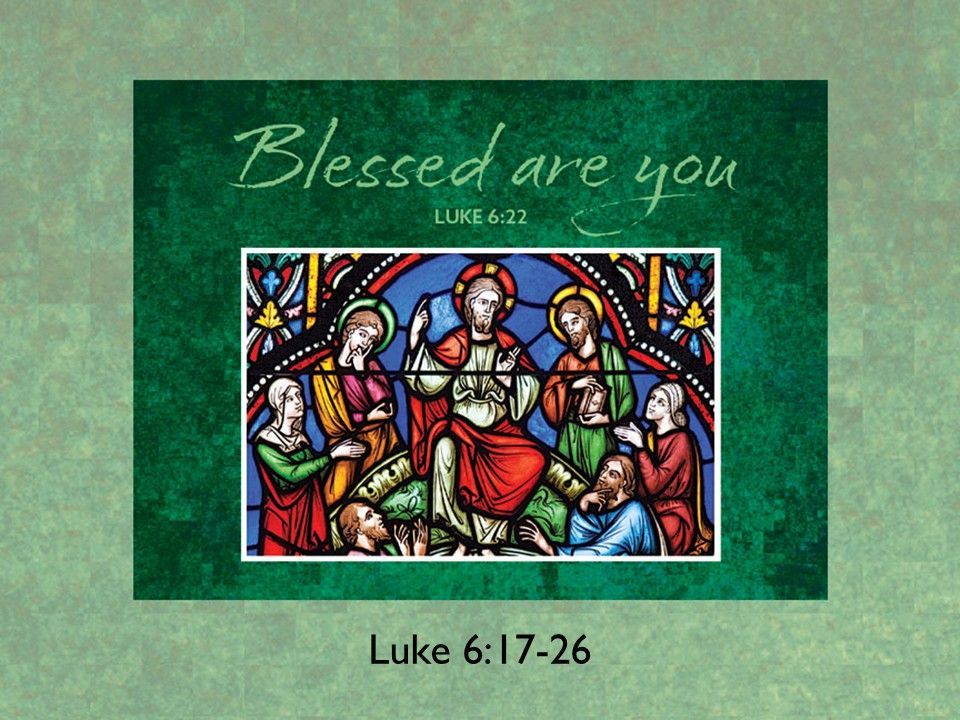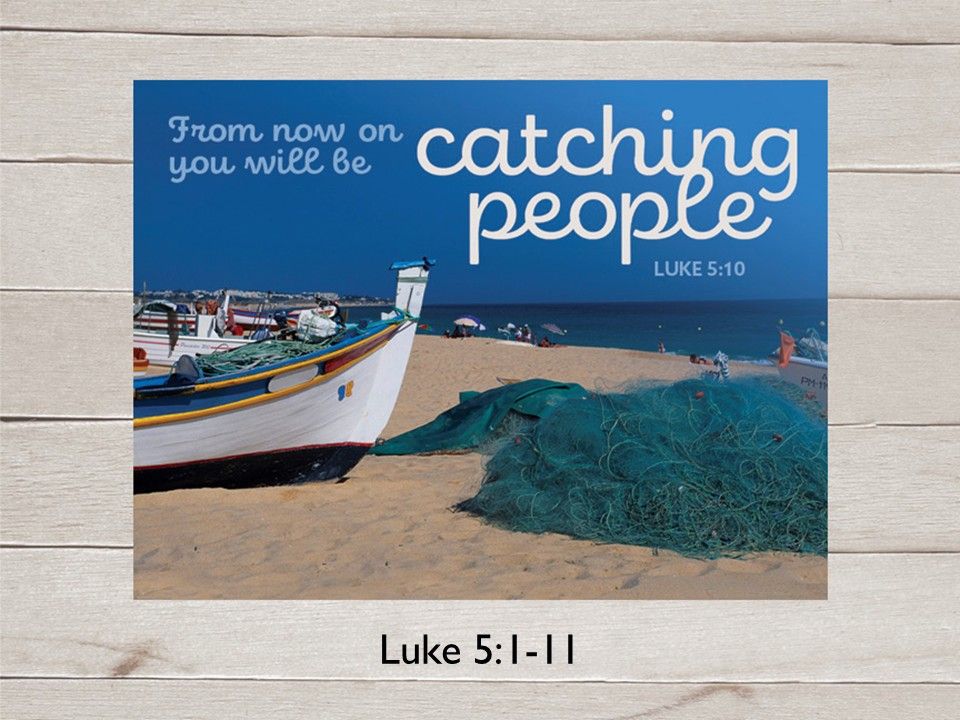03.30.2025 - Lent 3 - Pastor Chris
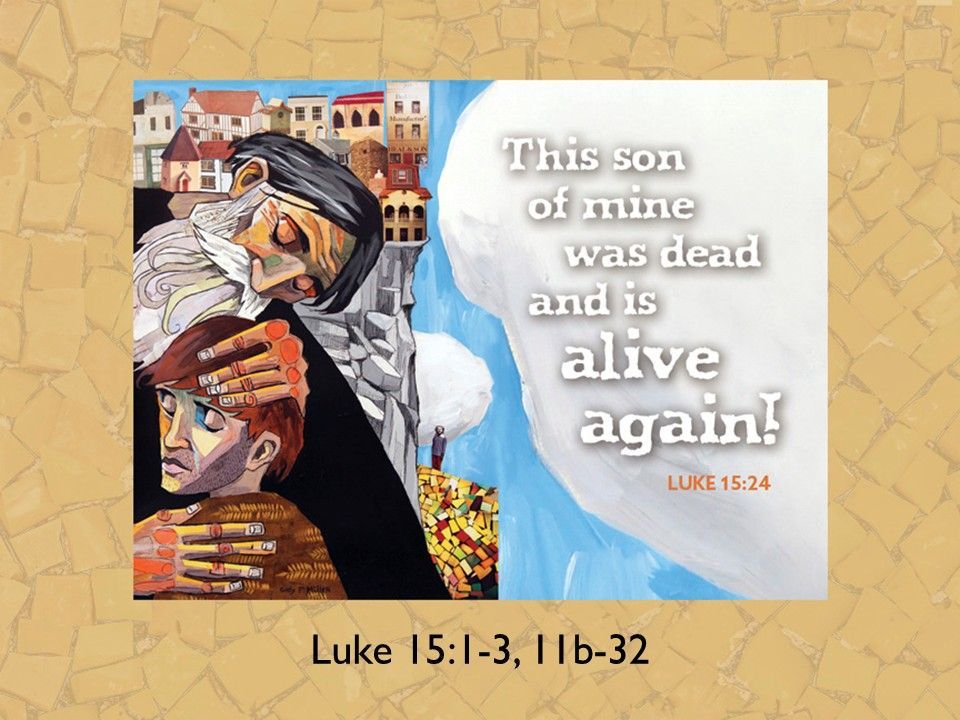
In this passage, Jesus tells the Parable of the Prodigal Son, also known as the Parable of the Forgiving Father. Jesus tells this story, and a few short ones before it, in response to the Pharisees and scribes grumbling, in private and in public, about Jesus welcoming tax collectors and sinners to eat with him. These elites are mad that Jesus, as a respectable member of the learned religious caste, would make them all look bad by associating with people considered ‘bad’. This response by Jesus is meant to make them think about the implications of their grumbling.
The parable starts with the father/ farmer and his two sons. The younger son tells his father that he wants his inheritance now because he doesn’t feel like waiting for his father to die. This is offensive now and would have been even more so back then, but the father agrees. The younger son takes these possessions and goes and spends them in a foreign land and finds himself poor when a famine hits the land. He is forced to work for a pig farmer, something very disgraceful for a good Jewish boy. He can’t even get leftovers from feeding the pigs, however, so he “comes to himself” and decides to go home, apologize, and hire himself to his father.
Is the younger son sincere in his repentance to his father, or is he just apologizing out of self-interest? It’s hard to say, but in any case, the father takes him back without question. The father runs out to meet the son and barely gives him time to apologize before honoring him with a robe, ring, and even a feast. The father says that it was like the son was dead, but has become alive again, so this is worthy of celebration.
But the older brother is not happy about his father’s generous forgiveness. He refuses to go into the celebration and when the father comes out to him, the older brother refers to the younger as “this son of yours” rather than as “my brother”. It is clear that the older brother has also been estranged from the father because of bitterness and resentment, even if he didn’t physically leave like his younger brother did. He complains that he didn’t even get a goat! The father points out that they have shared their possessions all this time. And furthermore, he should be happy that his brother has come home!
This is a story of radical grace. Jesus is offering forgiveness to the outcast, but he is also offering it to the resentful “older brothers” among us who resent that generosity. All of us are “lost” to some extent and need Jesus to welcome us back to God’s family. We may need to get over who all that offer is for, though, before we can accept it ourselves!



